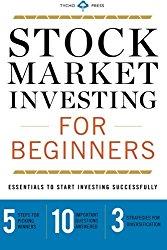In What is Money, we discussed that
Money is time.
When you get a $20, you have in your hand a certificate for someone else’s time. You could have someone cook and serve you dinner, change the oil in your car, or maybe give you a hair cut. You get some of their time in exchange for the $20 you give them. To gain that money in the first place, you probably used your time to do something for someone else. To survive, you need to spend a good portion of your time gathering the things you need – food, clothing, shelter, security, warmth, transportation, etc…. You could buy or found a farm and use your time to provide these things directly, but most people instead do something they’re good at or that is easier for other people, trading that time for money, and then trading the money for the things they need.
People are often free with their time but tight with their money. They spend many hours doing things like fixing their car or doing home projects to save money, but they could have made more money at their job, plus perhaps gotten a promotion for putting in extra hours. If you do these things because you enjoy them or because you can’t find someone else to do a good enough job, perhaps it is worth your time. But consider carefully before you give up time, because the time spent doing things you are not good at and don’t enjoy is often not worth the money saved.



People also tend to be more giving of their time than their money. You might not give a friend $500 to help hire movers, but you would probably spend a Saturday helping him move. But what is that Saturday worth? You could have spent it making $500 or more, especially if you have a job that lets you work extra hours for pay, or you could have been building or making something for yourself. But most people would probably have just been watching TV or surfing the internet anyway, so spending some time helping a friend out, spending some time together, and perhaps getting help when you need it in the future, are worth the exchange.
One pet peeve of mine, however, is that those who give of their time are often expected to give their money as well, while others give nothing. Often people who spend their time volunteering for a church event or to coach a group of kids in an activity are also left paying for supplies. Why should the people agreeing to cook for the event also buy the ingredients? It seems like people who are busy could donate the money for the food, while those who had the time could do the work. instead, the same people usually end up doing both. Any one else have this problem?
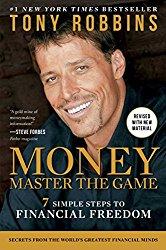
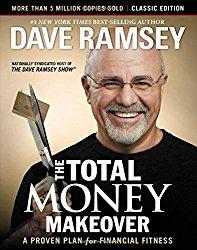
Learn to master your money with these great books from Amazon.
If money is time, however, how much is your whole life, or a portion of your life, worth? Before you say that a life is far more valuable than any amount of money, think about this:
If you were going to die in two weeks without a surgery that cost the $1 M that was your life savings, but the surgery would only let you live for one more year, would you do it?
In trials when someone dies, often the compensatory damages are in the $1-2 M range. In a way this makes sense, given that someone who made the average wage of $50,000 and who worked for 40 years would make $2 M over that time. Through his/her life he/she would have traded a great deal of time for about $2 M, so their heirs should receive about $2 M in compensation for the time that was taken.
Get Up to $50 Off Kindle E-Readers
Shop Amazon Warehouse Deals – Deep Discounts on Open-box and Used Sports Equipment
Probably the oddest thing about time is that people tend to value it less than money, at least when it is their money. People will tell you that they would give anything for another day or even another hour, but people spend most days and hours finding ways to make time pass more quickly. Who else could understand why people spend so much time playing solitaire on $800 smart phones when they could be doing all sorts of productive things? People are always waiting for things, then waiting for those things to end, rather than seizing the moments that they have.
So maybe next time you find yourself sitting at home with a few hours before you need to go somewhere, maybe read a few chapters of Peter Lynch’s One Up on Wall Street and learn about investing. Or maybe learn how to setup your cash flow to become wealthy instead of staying poor by reading Rich Dad, Poor Dad. Or maybe even pick up a copy of the SmallIvy Book of Investing and learn how to use investing to grow your wealth. Think of how much more you could do if you used the time you had – all of it.
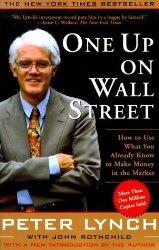
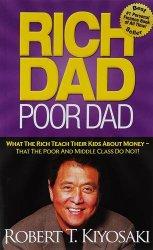

Follow me on Twitter to get news about new articles and find out what I’m investing in. @SmallIvy_SI
Disclaimer: This blog is not meant to give financial planning or tax advice. It gives general information on investment strategy, picking stocks, and generally managing money to build wealth. It is not a solicitation to buy or sell stocks or any security. Financial planning advice should be sought from a certified financial planner, which the author is not. Tax advice should be sought from a CPA. All investments involve risk and the reader as urged to consider risks carefully and seek the advice of experts if needed before investing.
